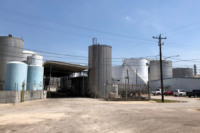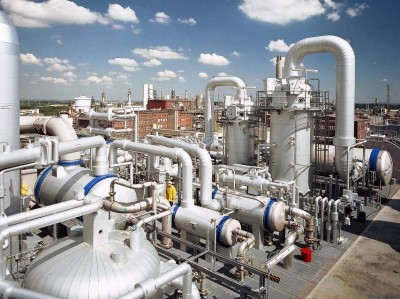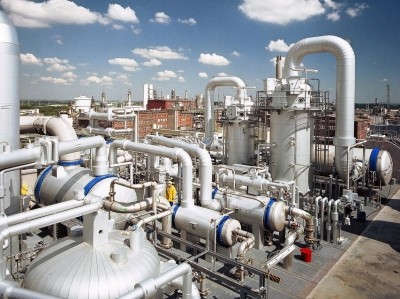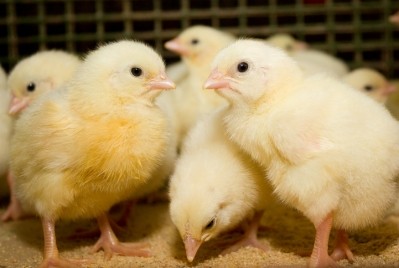Feed news bites: Cargill finds buyer for Russian grain terminal, Westway wins US liquid feed facility prize, BASF flags carbon footprint data

First up, Cargill says it has agreed to sell its stake in a Russian grain terminal to a local business group.
"In line with Cargill’s earlier announcement to stop the export of Russian grain in July 2023, we can confirm we have reached an agreement with Delo to sell our 25% stake in our KSK grain terminal in Novorossiysk," the US commodities confirmed.
The deal requires Russian government approval.
In March this year, Cargill announced that it was further scaling back its business activities in Russia, with it planning to stop handling Russian grain at that export terminal by mid-summer.
And Westway Feed Products has clinched the 2023 Liquid Feed Facility of the Year Award
The American Feed Industry Association (AFIA) named Westway Feed Products’ Houston, Texas, facility as its 2023 Liquid Feed Facility of the Year (FFY) award winner.
Gary Huddleston, AFIA’s director of feed manufacturing and regulatory affairs, commented: “The Westway Houston facility’s years of experience manufacturing liquid feed has improved quality and performance and produced excellent programs for employees."
Its two, new and enhanced mixing tanks are designed for superior quality and growth and has allowed the facility to grow productivity by 10% in 2022, he added.
The Westway site produced roughly 148,000 tons of feed in 2022, primarily mill products and dairy and beef mixes. Its detailed tracking of quality and productivity performance is what paved the way for such an efficient and accomplishing year, said the trade group.
Finally, BASF has provided carbon footprint data on components within its nutrition portfolio.
BASF has calculated product carbon footprints (PCFs) for vitamins, carotenoids, feed enzymes and feed performance ingredients for the human and animal nutrition markets.
The PCFs comprise all product-related greenhouse gas (GHG) emissions that occur until the BASF product leaves the factory gate for the customer: so that includes the purchased raw material and energy used in their production.
The data can be used for creating transparency on emissions and identifying levers to reduce CO2 emissions, believes the German chemical group.
The methodology for calculating the PCFs has been certified by TÜV Rheinland, according to the internationally recognized standard, ISO 14067:2018, said BASF.
A benchmarking process showed the PCF for specific BASF vitamin A and E products is better – by at least 20% – than the global market average PCF of corresponding third-party products, it reported.
Those assessments have been conducted according to ISO 14044, ISO 14067, and GHG protocol standard:
“The certification is documented in a database and accessible to every customer upon request.
"The PCF comparison is based on BASF’s assessments and estimations of PCFs of all major manufacturers of the respective products using publicly available information on production routes and deployed raw materials as well as its own market and technology know-how.
"The market-wide global averages are based on estimated name-plate capacities, excluding BASF. In 2022, all vitamin A producers faced extraordinary challenges: unplanned, extended plant overhauls, disruptions in operations, weak demand, low plant utilization. In the benchmark it was assumed that these [issues] negatively impacted PCFs of all producers in a comparable order of magnitude, and this was taken into account in the assessment. The applied methodologies are the same as for the calculation of the PCF of the respective BASF products," explained the vitamin and enzyme producer.
BASF confirmed that it may eventually extend that benchmarking process to other products in its vitamin and carotenoid portfolio.
















